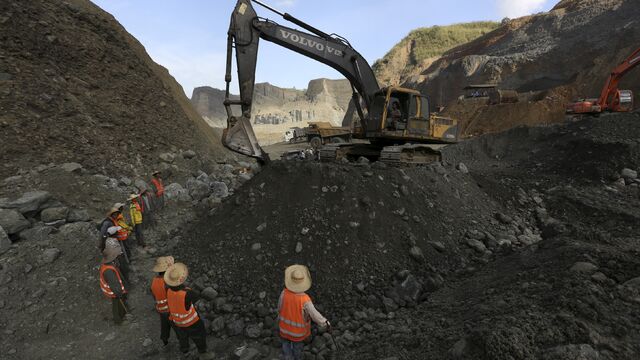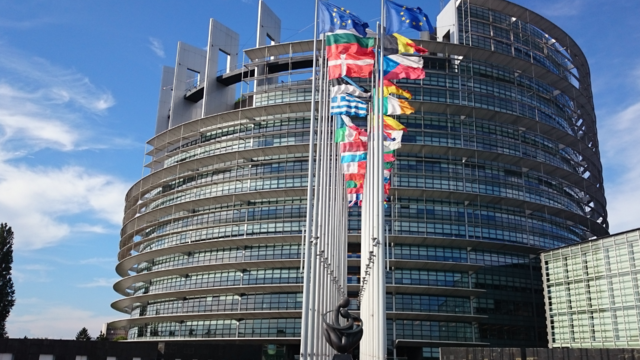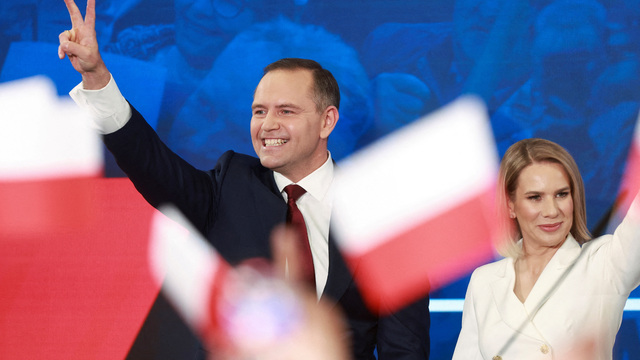How Should We Deal with the Discrimination and Dysfunction in Bosnia and Herzegovina? Towards a New European Approach

paper
Bosnia and Herzegovina's internal structure is regarded as discriminatory and dysfunctional. The process of European integration is stalled. There is an urgent need to increase both the top-down and the bottom-up pressure on the local politicians so that they would pursue the necessary reforms. The top-down pressure on politicians can be enhanced by a rationalisation of external institutional relations with Bosnia and Herzegovina, namely by the closure of the Office of the High Representative. The bottom-up pressure on the local political representatives can be improved through societal integration in everyday life. The current trend of the disintegration of common institutions and material structures needs to be countered. Societal integration should be nurtured by improving the means for common education, cargo and transport, private business and enterprise, agricultural production, and trade.
In the last decade in its relations with the Western Balkans countries the EU pursued the strategy of stabilisation through integration. In spite of the considerable success of this strategy, it is apparent that the process of Bosnia and Herzegovina's European integration is virtually stalled. In this case, the lure of the EU membership has not been strong enough to induce the local leaders to carry out the necessary reforms, namely to counter the radical discrimination and dysfunction embedded in the post-conflict governmental setup of Bosnia and Herzegovina. Therefore, the question that arises is about the future course of action. The aim of this paper is to take account of the international and European relations with Bosnia and Herzegovina and propose a new approach which could, hopefully, help us to take some steps toward resolving this European puzzle. The urge for a new approach towards Bosnia and Herzegovina is amplified by three current developments and opportunities.








